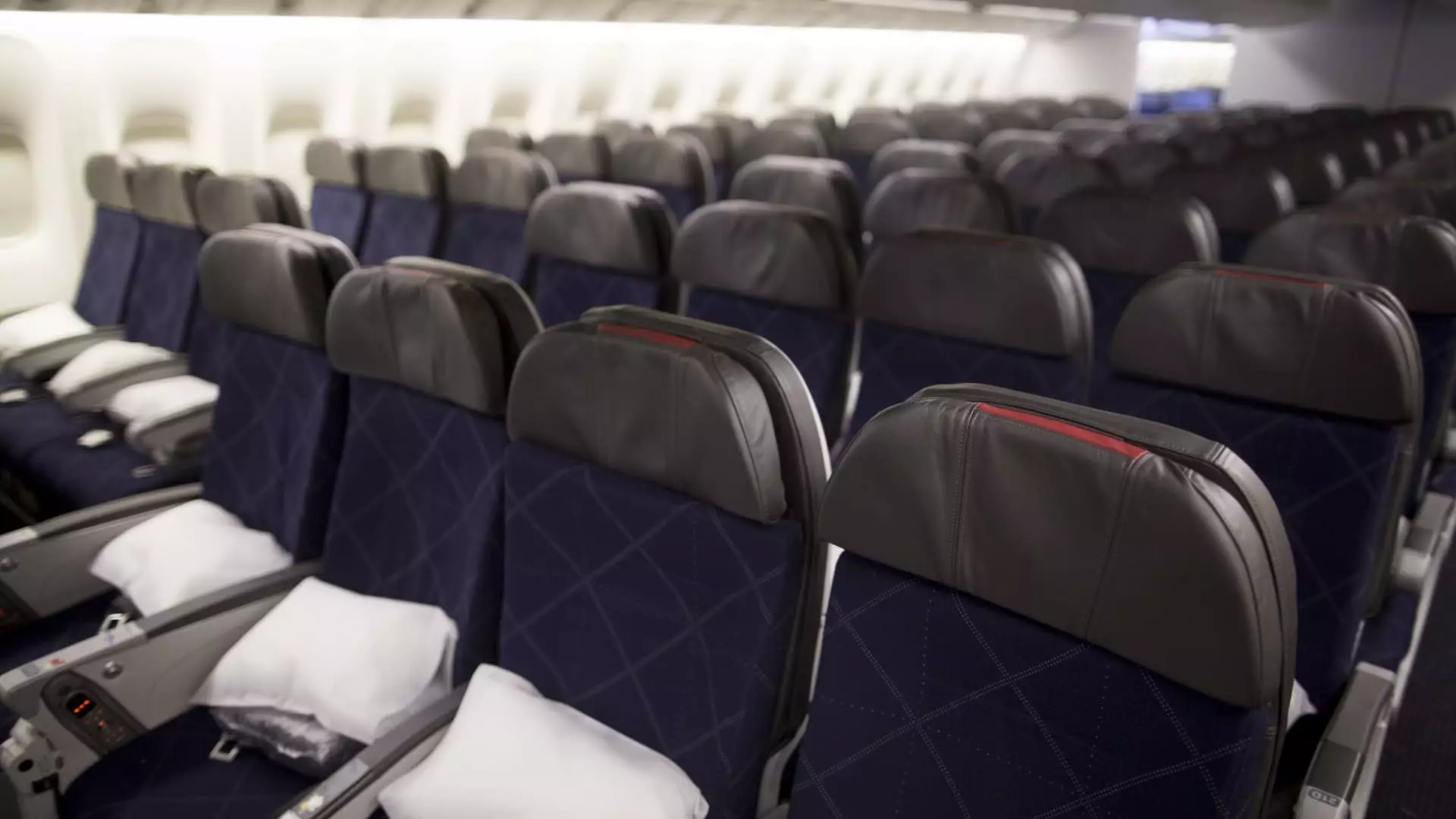As airline executives prepare to address the U.S. Senate regarding their controversial seating fees, the aviation industry’s practice of charging additional fees raises significant debates about consumer rights and corporate transparency. With major players like American, Delta, United, Spirit, and Frontier raking in a staggering $12.4 billion from seating fees between 2018 and 2023, the conversation is far from trivial. The fees, which apply to preferred seating options such as those near the front of the plane or with extra legroom, have been labeled as “junk” fees by a Senate subcommittee, intensifying scrutiny on the airlines’ revenue strategies.
Stephen Johnson, American Airlines’ chief strategy officer, has articulated that these seating fees are voluntary, positioning them as options for travelers who desire greater control over their flying experience. The rationale provided is that customers who wish to occupy more desirable seating can choose to pay extra for it, allowing them an element of choice in an increasingly commodified travel environment. However, this argument raises questions about fairness and whether customers are truly aware of these charges upfront. With the Biden administration and various lawmakers promising to address “junk” fees across multiple industries, airlines find themselves at the center of a larger debate regarding pricing practices.
In light of recent controversies, many consumers express frustration over what they see as a deceptive pricing structure. Once standard inclusions, such as seat selection and checked baggage, are now the subject of additional fees, transforming the notion of affordable travel. With airlines rapidly adding premium seating options and tiered fare classes, the landscape has changed significantly, leaving economy-class travelers with limited choices. Advocates argue that airlines must enhance their transparency regarding fees, ensuring that customers are made fully aware of the costs associated with their flight options before booking.
The emergence of low-cost airlines like Spirit and Frontier has further complicated the discussion. These airlines pioneered the fee-heavy revenue model, forcing traditional airlines to adapt by developing their own basic economy offerings. Interestingly, the very models that some low-cost carriers relied upon have now prompted challenges, as Spirit’s recent Chapter 11 bankruptcy filing showcases the vulnerabilities in a heavily fee-dependent strategy. Recent market dynamics signal shifting consumer preferences, urging airlines to reevaluate which fees are actually justified and how they communicate these to their clientele.
As the Senate hearing approaches, the outcomes could have a lasting impact on how airlines handle service fees and pricing transparency. Will airlines continue to push the envelope on what’s considered acceptable practice in charging for consumer choices? Or will regulatory scrutiny compel them to adopt more straightforward pricing models? The discussion surrounding airline seating fees encapsulates broader trends in corporate pricing practices, revealing challenges that loom large in the hospitality sector. As the industry braces for potential regulatory changes, consumers await a reassessment of the value provided versus the fees incurred in their travel experiences.

